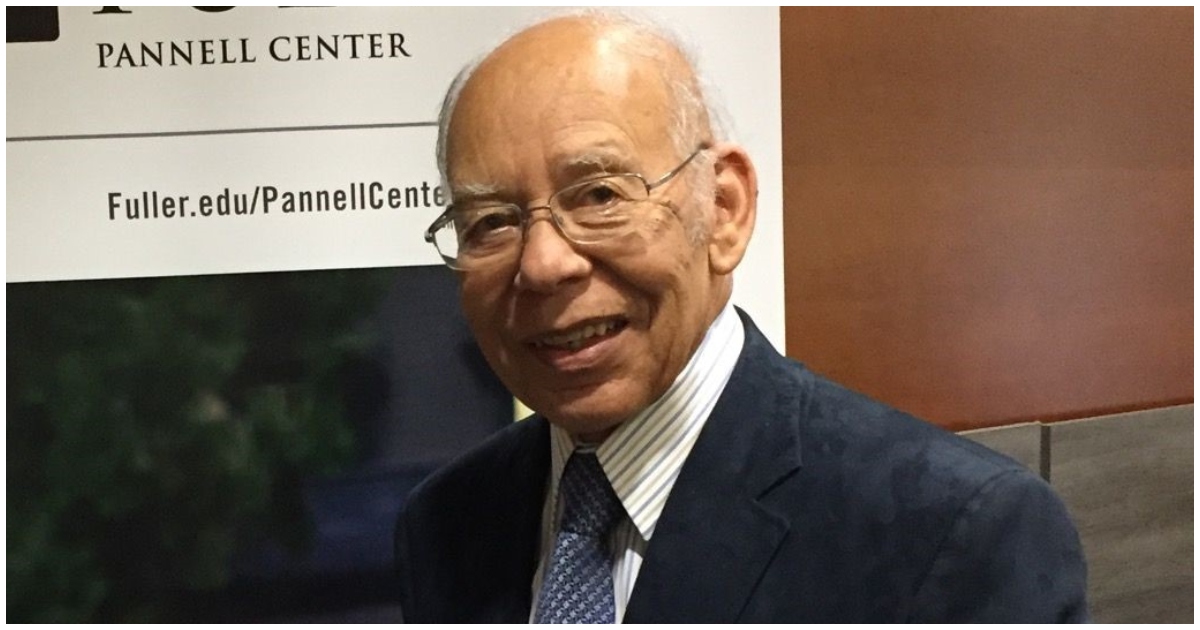Bill Pannell, a trailblazing Black evangelical leader, passed away on October 11 at the age of 95. Throughout his life, Pannell challenged white evangelicals to confront racism. He became a pivotal figure in the fight for racial reconciliation within Christian communities.
Challenging White Evangelicals on Racism
Pannell argued that the essence of the Good News is reconciliation. He believed this applied not only between God and humanity but also among people. However, Pannell observed that white Christians often showed limited interest in addressing racism.
“Somehow or other in my lifetime,” Pannell said, “the evangelical movement became more and more American and less and less Christian.” He criticized the tendency of white evangelicals to ignore racial issues while focusing on other social concerns.
From Evangelist to Racial Justice Advocate
Born in 1929 in Sturgis, Michigan, Pannell grew up in a predominantly white community. He experienced racism firsthand but found acceptance in a local church. This led to his conversion and subsequent career as an evangelist.
Pannell’s work with Youth For Christ in the 1960s opened his eyes to a disconnect. He noticed white evangelicals cared about Black souls but not their civil rights or living conditions. This realization sparked his advocacy for racial justice within evangelical circles.
Groundbreaking Roles at Fuller Theological Seminary
In 1971, Pannell broke new ground by becoming the first Black board member at Fuller Theological Seminary. He later joined the faculty in 1974, making history again as the school’s first Black professor.
At Fuller, Pannell developed innovative programs for educating Black pastors. His work led to the establishment of the African American Church Studies Program. In 2015, it was renamed the William E. Pannell Center for Black Church Studies in his honor.
Legacy of Writing and Challenging Cultural Captivity
Pannell’s 1968 book, “My Friend, The Enemy,” detailed his experiences with racism. He wrote about how pervasive white supremacy affected his sense of dignity growing up. Later works, like “The Coming Race Wars,” continued to address racial issues in America.
Throughout his career, Pannell called for white evangelicals to examine their “cultural captivity.” He believed the evangelical movement could be reborn if it returned to the core principles of repentance and the cross.




